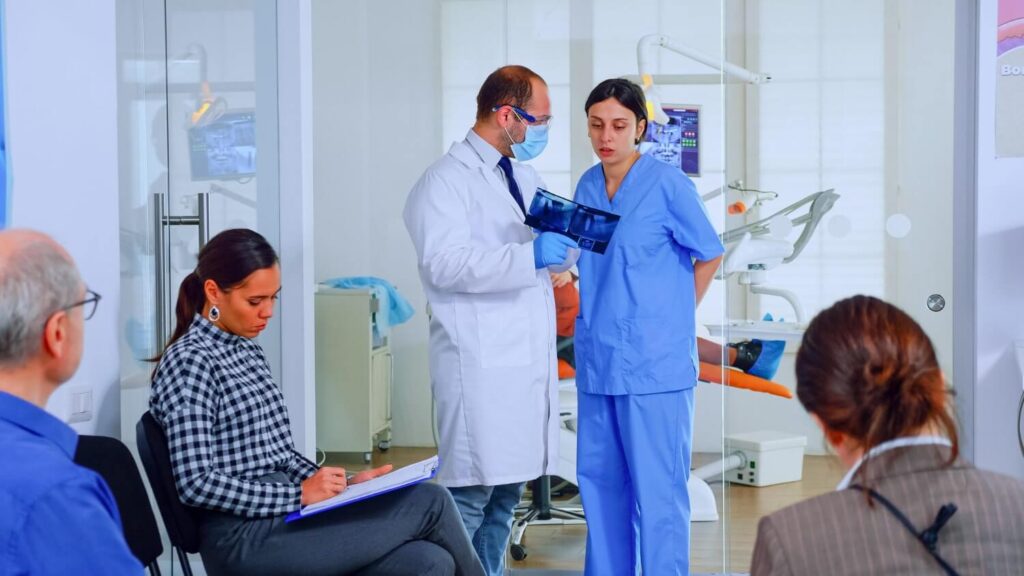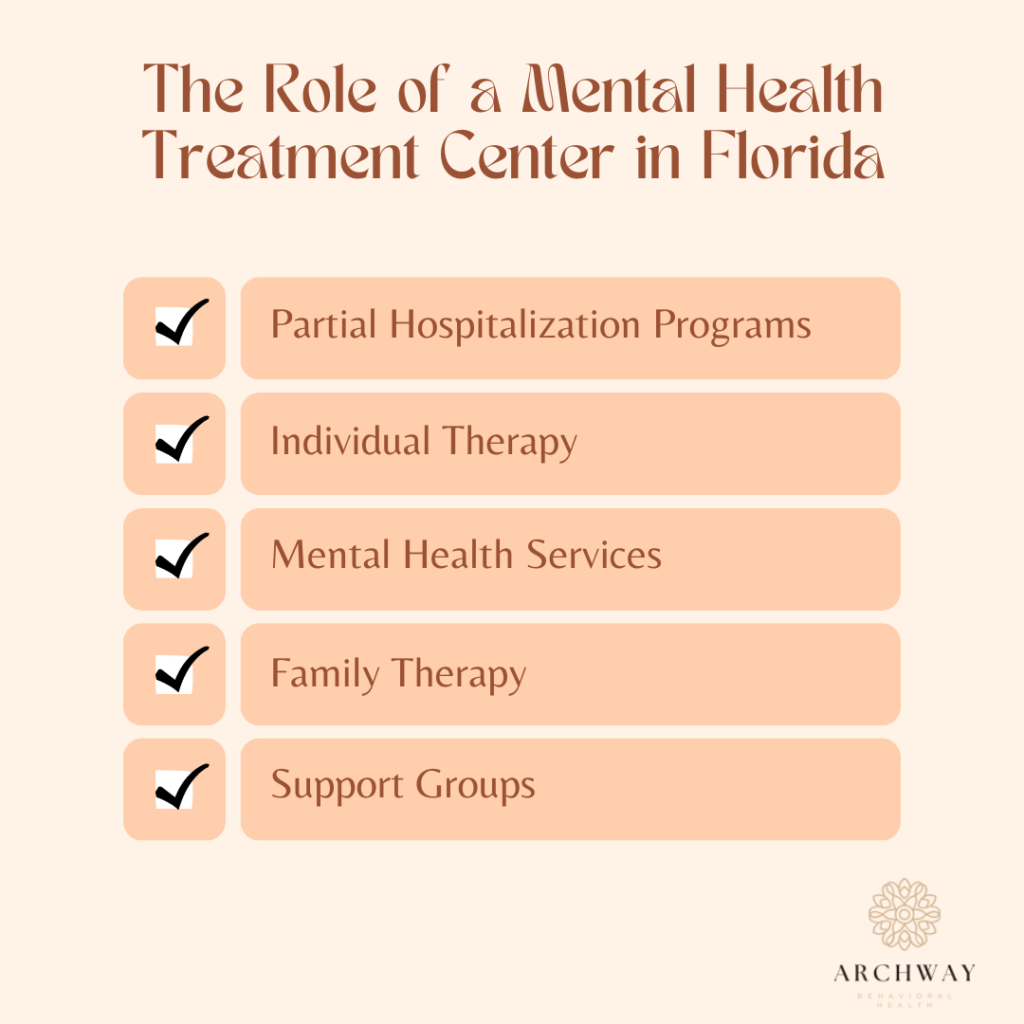When most people think of Post-Traumatic Stress Disorder (PTSD), they often envision vivid and distressing flashbacks. However, PTSD is a multifaceted condition that can manifest in a variety of ways, not all of which involve flashbacks. Understanding these various manifestations is crucial for accurate diagnosis and effective treatment.
Exploring PTSD Beyond Flashbacks
PTSD is a mental health disorder triggered by exposure to a traumatic event. Flashbacks, where individuals relive the trauma as if it’s happening again, are a common symptom but not universal. Here’s a closer look at other symptoms that can occur in the absence of flashbacks:
- Avoidance Behavior: Individuals with PTSD might go to great lengths to avoid places, people, or activities that remind them of the trauma. This avoidance can lead to significant lifestyle changes and isolation, affecting personal and professional relationships.
- Negative Mood and Cognitions: Persistent negative emotions, such as pervasive feelings of guilt, shame, or hopelessness, are prevalent. Individuals may also have distorted thoughts about themselves or others, believing they are bad or unworthy, which can hinder their ability to seek help and maintain healthy relationships.
- Hyperarousal: Symptoms of hyperarousal include heightened alertness, difficulty sleeping, irritability, and an exaggerated startle response. These symptoms reflect the body’s constant state of stress and can contribute to difficulties in daily functioning.
- Cognitive Difficulties: PTSD can impair memory and concentration. Individuals may struggle with recalling specific details of the trauma or have difficulty focusing on tasks, which can impact their performance at work or school.
- Emotional Numbness: Some individuals may experience emotional numbness or detachment. They might find it challenging to connect with others or to feel joy or satisfaction, which can lead to further social withdrawal.
The Importance of Seeking Specialized Help
Regardless of whether flashbacks are present, PTSD requires professional intervention. A Mental Health Treatment Center in Florida offers specialized care tailored to address the diverse symptoms of PTSD. Here’s how different treatment options can support individuals:
- Partial Hospitalization Programs: These programs provide intensive, structured treatment during the day while allowing individuals to return home in the evenings. This approach offers a balance of support and independence, which is beneficial for managing severe PTSD symptoms.
- Individual Therapy in Florida: One-on-one therapy allows for a deep exploration of personal trauma and its impacts. Therapists use various techniques, such as Cognitive Behavioral Therapy (CBT) and Eye Movement Desensitization and Reprocessing (EMDR), to help individuals process their trauma, develop coping strategies, and address symptoms comprehensively.
- Comprehensive Mental Health Services: Beyond therapy, Florida Mental Health Treatment Programs offer a range of services including medication management, group therapy, and support groups. These services work together to provide holistic care and support for individuals dealing with PTSD.
Addressing PTSD Holistically
Effective treatment for PTSD involves a comprehensive approach that addresses all symptoms, not just flashbacks. A Mental Health Treatment Center in Florida can provide a personalized treatment plan that includes:
- Assessment and Diagnosis: Accurate assessment to identify all symptoms and tailor treatment.
- Therapeutic Interventions: Evidence-based therapies that target specific PTSD symptoms.
- Ongoing Support: Continuous support through follow-up care and community resources.
Why Timely Intervention Matters
Addressing PTSD symptoms, whether or not they include flashbacks, is crucial for overall well-being. Early intervention can prevent the escalation of symptoms and improve the quality of life. If you or someone you know is experiencing symptoms of PTSD, seeking help from a mental health treatment center is a vital step towards recovery.
The Role of a Mental Health Treatment Center in Florida
When dealing with PTSD, it’s crucial to find the right treatment resources. A Mental Health Treatment Center in Florida can offer a range of specialized services designed to address all facets of PTSD. These centers are equipped to handle diverse symptoms and provide a supportive environment conducive to healing.
1. Partial Hospitalization Programs
Partial hospitalization programs (PHPs) offer a high level of care without requiring overnight stays. These programs typically provide structured therapy sessions, including individual and group therapy, throughout the day. PHPs are ideal for individuals who need intensive support but have a stable home environment. They allow patients to return to their own homes each night, which can be beneficial for those seeking to maintain their daily routines while receiving comprehensive treatment.
2. Individual Therapy in Florida
Individual therapy is a cornerstone of PTSD treatment. In Florida, therapists utilize various approaches tailored to the individual’s needs. Common therapies include:
- Cognitive Behavioral Therapy (CBT): This therapy helps individuals understand and change negative thought patterns and behaviors associated with PTSD.
- Eye Movement Desensitization and Reprocessing (EMDR): EMDR involves processing traumatic memories through guided eye movements, helping individuals integrate these memories into their broader life narrative.
- Trauma-Focused Therapy: This approach directly addresses the trauma, helping individuals work through their experiences and reduce distress.
Each of these methods aims to reduce symptoms, improve coping strategies, and enhance overall emotional well-being.
3. Comprehensive Mental Health Services
A holistic approach to treating PTSD involves more than just therapy. Florida Mental Health Treatment Programs often include:
- Medication Management: Psychiatrists can prescribe and monitor medications that may help alleviate symptoms of PTSD, such as depression or anxiety.
- Support Groups: Group therapy provides a space for individuals to share their experiences with others who have similar struggles. It fosters a sense of community and support.
- Family Therapy: Engaging family members in therapy can help address relational issues and improve communication and support within the family unit.
Taking the Next Step: Why Seek Help?
If you or someone you know is dealing with symptoms of PTSD, even without flashbacks, seeking professional help is crucial. The earlier you reach out to a Mental Health Treatment Center in Florida, the sooner you can access effective treatments and support tailored to your needs.
Early intervention can prevent symptoms from worsening and improve the likelihood of a successful recovery. Mental health professionals can provide the tools and strategies necessary to manage PTSD symptoms and improve overall quality of life.
Conclusion
PTSD is a complex and multifaceted disorder that extends beyond just experiencing flashbacks. Understanding the full range of symptoms and seeking appropriate treatment is essential for effective recovery. With comprehensive support from a Mental Health Treatment Center in Florida, individuals can work through their trauma, manage symptoms, and reclaim their lives.
For more information on how Archway Behavioral Health can assist you or your loved ones in managing PTSD and other mental health concerns, call us at (888) 488-4103. Our team of experts is committed to providing compassionate and effective care to support your journey towards healing and well-being.
FAQ: Can You Have PTSD Without Flashbacks?
How can I find help for PTSD in Florida?
In Florida, you can seek help through a Mental Health Treatment Center that offers various Florida Mental Health Treatment Programs. Services may include Partial Hospitalization Programs, Individual Therapy in Florida, and other Mental Health Services designed to address a broad range of PTSD symptoms.
What is a Partial Hospitalization Program (PHP)?
A Partial Hospitalization Program (PHP) provides intensive treatment during the day but allows individuals to return home in the evenings. This approach offers structured therapy and support while maintaining some degree of daily independence.
What does Individual Therapy in Florida involve?
Individual Therapy in Florida involves one-on-one sessions with a licensed therapist. Various therapeutic approaches, such as Cognitive Behavioral Therapy (CBT) and Eye Movement Desensitization and Reprocessing (EMDR), are used to help individuals process trauma, develop coping strategies, and address symptoms.
How can support groups help with PTSD?
Support groups provide a space for individuals to connect with others who have similar experiences. Sharing and hearing others’ stories can offer validation, reduce feelings of isolation, and provide additional coping strategies.
Why is early intervention important for PTSD?
Early intervention is crucial for managing PTSD effectively. It helps prevent symptoms from worsening, reduces the risk of developing other mental health issues, and improves the likelihood of a successful recovery by addressing symptoms and providing appropriate support early on.
Where can I get more information or support for PTSD?
For more information and support, you can call us at (888) 488-4103. Our team is dedicated to providing comprehensive care and support for those struggling with PTSD and other mental health challenges.



